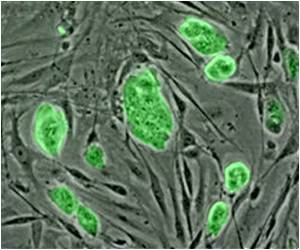
Since long, paving over of urban areas and clearing of forests is known to have contributed to local warming by decreasing local evaporative cooling, but it has never been understood whether this decreased evaporation would also contribute to global warming.
Using a climate model, the team led by George Ban-Weiss, including Carnegie's Long Cao, Julia Pongratz and Ken Caldeira, as well as Govindasamy Bala of the Indian Institute of Science in Bangalore, found that increased evaporation actually had an overall cooling effect on the global climate.
Increased evaporation tends to cause the clouds to form low in the atmosphere, which reflect the sun's warming rays back out into space, which has a cooling influence.
"This shows us that the evaporation of water from trees and lakes in urban parks, like New York's Central Park, not only help keep our cities cool, but also helps keep the whole planet cool," Caldeira said.
"Our research also shows that we need to improve our understanding of how our daily activities can drive changes in both local and global climate. That steam coming out of your tea-kettle may be helping to cool the Earth, but that cooling influence will be overwhelmed if that water was boiled by burning gas or coal," Caldeira added.
Advertisement
Source-ANI







